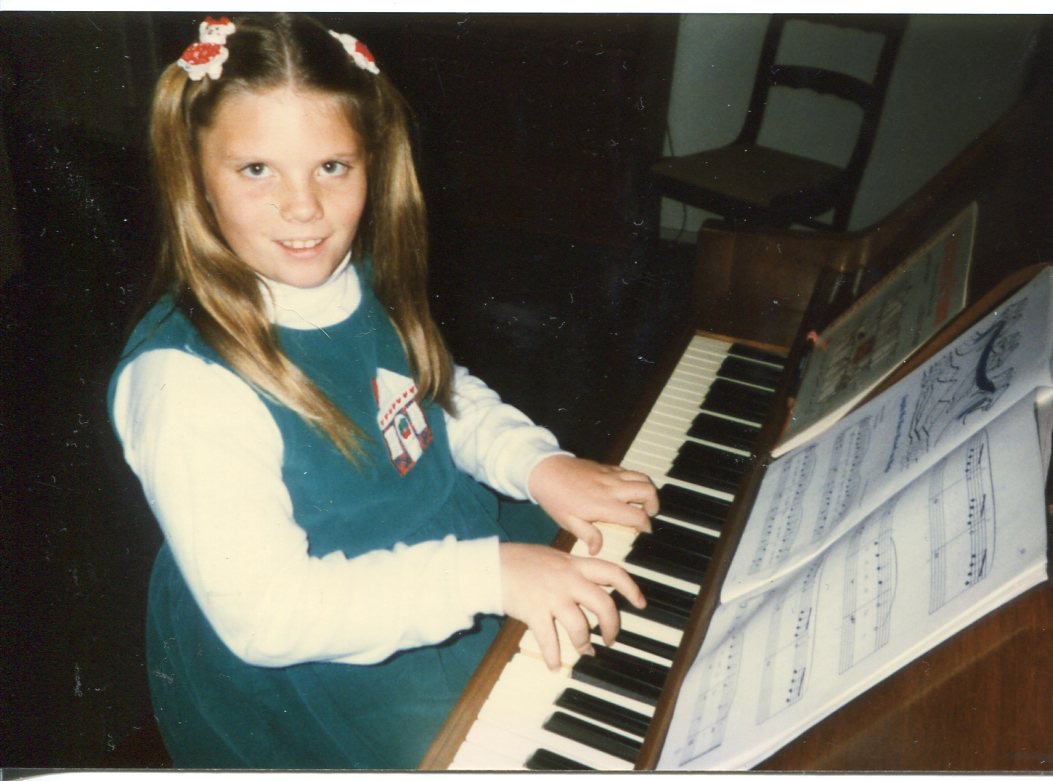 I don’t know if all babies are born with a natural feel for music, but I’ve known at least two: my daughter and my grandson. I listened to a lot of music while pregnant and I’m sure my daughter did, too. From day one, both babies responded to music with stillness, awe and wonder. It calmed them down like a magic pill.
I don’t know if all babies are born with a natural feel for music, but I’ve known at least two: my daughter and my grandson. I listened to a lot of music while pregnant and I’m sure my daughter did, too. From day one, both babies responded to music with stillness, awe and wonder. It calmed them down like a magic pill.
Fast forward a year or two and all babies seem to respond to the music of Disney and Sesame Street — even the Cookie Monster (Maverick loves his gravelly voice). Nursery rhymes and circle times are built around simple songs making it easy for kids to learn the alphabet and numbers.
But just try enrolling that same child in piano lessons…draw up a daily practice schedule…bribe, cajole, threaten…that music-loving cutie will turn into the Grinch Who Stole Jingle Bells!
I’ve survived this season of life. Five instruments and 27 years later, I am the proud parent of an accomplished symphonic musician who has proven that the years of painful practice hours can pay off. Here are some tips that worked (most of the time) for us.
XO,
Grandma Ginger
P.S. Amy participated in the musical version of ‘club sports’ through Metropolitan Youth Symphony, a Mesa-based non-profit that provides strings, winds, brass, and percussion youth musicians with a performing outlet beyond their school’s programs. They have auditions later in August for this school year, and there’s different ensembles for all abilities; if you have a child who loves playing, I urge you to consider encouraging them to audition.
8 Tips to Encourage Practice
- Start lessons after your child can read and may even have expressed interest in a particular instrument.
- Set a daily goal. This may be a length of time, how many times to practice each piece, or to practice three of five new pieces. Set the goal but don’t hesitate to change it as needed — be flexible.
- Stay positive — encouragement is better than criticism; occasionally record their practice time and play back for them to hear.
- Remember your long-range goal is to get them to enjoy spending time with their instrument.
- Reward, entice, promise the sun, moon, and stars!
- Establish a standard practice time either early in the day (before they’re too tired) or right after school before play time. Make this a quiet time without siblings or other family members doing fun things to distract from practice time. Limit distractions (hunger, dogs, friends).
- Provide the best instrument you can, a pleasant rehearsal space, all the tools and accessories required, including a teacher who is neither too lenient nor too strict. Try to find someone the child can relate to.
- Help if you can — you may remember more expected or learn something new.
And after a few years, you can look forward to enjoying concerts and hearing your son or daughter play first chair!











